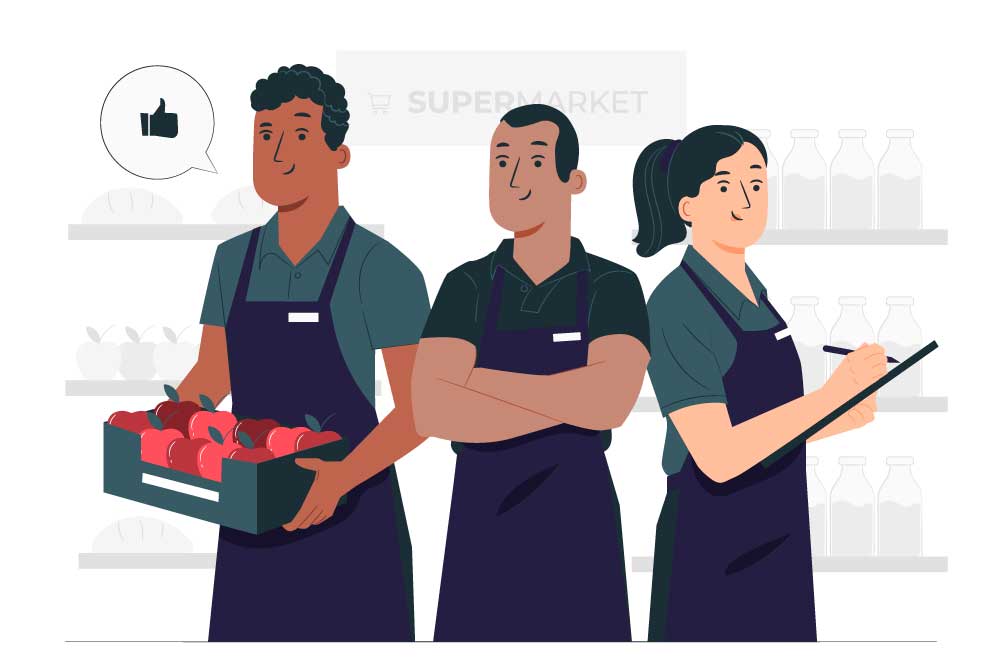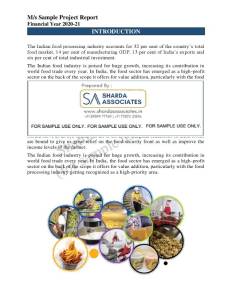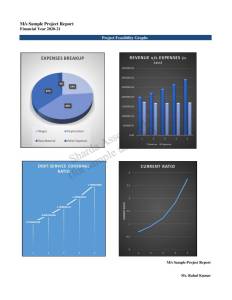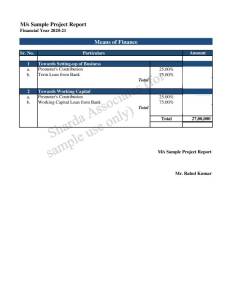(100% Bankable project report with sample)

Contact Us
If you need more details or have any query, tap the call button or Whatsapp us at
Why Choose Us?

Fully Bankable

24 Hours Delivery

Made By Experts

Dedicated Support
Introduction
The project report for supermarket is as follows.
The supermarket industry in India is different across many respects, owing largely to the diversity of customers as well as the retail industry’s unique delivery mechanisms. The supermarket industry of India is multi-channel, ranging from mom-and-pop shops to mega-supermarkets to online grocery businesses.
Nevertheless, the majority of India’s supermarket is handled by an unorganized sector, that is mostly comprised of tiny shops called as kiranas. About 13 million small retailers exist in India, accounting for more than 83% of the Indian F&G sector, which would be projected to exceed USD 950 billion by 2022.
Historically, Indians have depended on mom and pop businesses for their weekly groceries requirements. These businesses have a direct relationship with their consumers and exactly knows client tastes allowing them to sell regionally appropriate items. Indians love to purchase their monthly supplies from all these local businesses for a variety of factors including accessibility, credit availability, and the opportunity to return/exchange items.
India is the world’s 6-largest grocery market, with enormous development possibilities owing to expanding population and spending power. The Indian grocery sector, that represents for 69 percent of India’s overall retail sector, provides merchants with several options. Numerous retail players had attempted to capitalize on this opportunity with little success. The small kirana has always been the core of Indian grocery market, accounting for 90 percent of sales. Even while retail giants compete for the customer’s loyalty whenever it comes to grocery shopping, local businesses have kept their ground.
Furthermore, with growing spending power and internet usage, the e-supermarket is anticipated to develop at a rapid pace in the next years. The market for e-supermarkets, that was valued USD 1 billion in 2019, is expected to increase to USD 22 billion by 2022.





